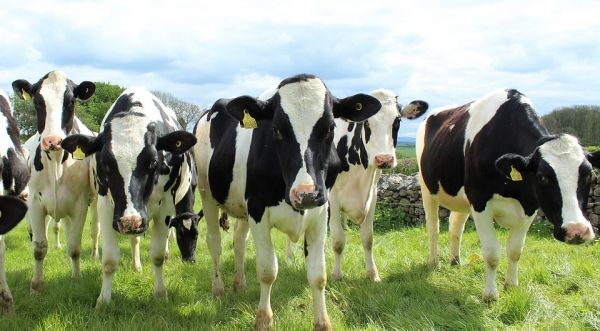Field trials for a vaccine to protect cattle against bovine tuberculosis (bovine TB) would need to involve 500 herds – potentially as many as 75,000-100,000 cattle – to demonstrate cost effectiveness for farmers, concludes a study published today in the journal eLife.
Instead, the researchers suggest that the scale and cost of estimating the effect of a vaccine on transmission could be dramatically reduced by using smaller, less expensive experiments in controlled settings – using as few as 200 animals.
Bovine TB is an infectious disease that affects livestock and wildlife in many parts of the world. In the UK, it is largely spread between infected cattle; badgers are also involved, transmitting to and receiving infection from cattle. Culls to keep badger populations small and reduce the likelihood of infecting cattle have proven controversial both with the public and among scientists.
The UK has a policy of ‘test and slaughter’ using the tuberculin test and slaughter of infected animals. A vaccine (BCG) exists, but can cause some vaccinated cattle to test positive falsely. As such, the vaccine is currently illegal in Europe. Researchers are trying to develop a so-called ‘DIVA test’ (‘Differentiates Infected from Vaccinated Animals’) that minimises the number of false positives, but none are yet licensed for use in the UK.
Read more at University of Cambridge
Photo Credit: CallyL via Pixabay


